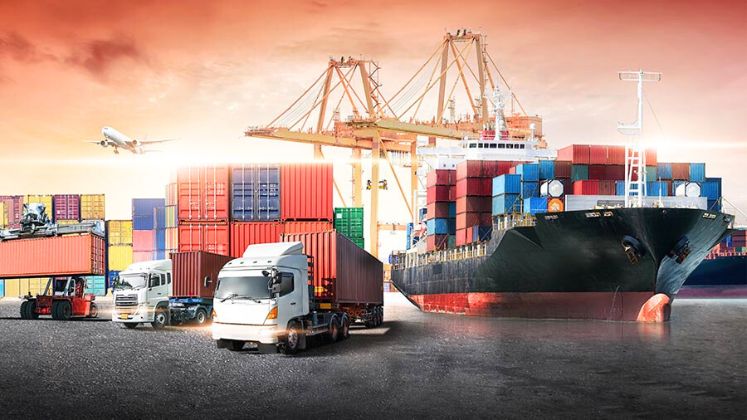
As more and more buyers use open costing techniques for pricing, RMG exporters from Bangladesh are struggling with declining profit margins. This pricing approach has surged from 10 per cent to 60 per cent of total exports over the past decade, significantly impacting factory owners’ profitability and, in some cases, pushing them into financial losses.
Under open costing, buyers dictate product prices through a transparent breakdown of production costs, including raw materials, labour, overhead, and profit margins. While this system grants buyers substantial control, factory owners argue it fails to account for unpredictable expenses, such as supply chain disruptions, raw material delays, and labour unrest, which can lead to increased production costs.
Exporters are facing a dual challenge: low profit margins and fierce competition among factories. They currently receive profit margins ranging from only 1 per cent to 4 per cent based on production costs. Moreover, buyers factor in various government tax incentives meant for RMGs, resulting in these benefits benefitting buyers rather than exporters.
In contrast to open costing, the Freight on Board (FOB) pricing method includes multiple cost factors and allows for extra profit from raw materials and accessories. Factory owners argue that open costing works better in countries like India, Vietnam, Thailand, and Cambodia, where higher profit margins and fewer disruptions exist.
Large bulk orders predominantly utilise open costing, with major retailers like Inditex, H&M, Marks & Spencer, Primark, C&A, Walmart, Gap Inc., and Uniqlo sourcing massive quantities from Bangladesh. In FY ’24, Bangladesh exported nearly US $ 36 billion in apparel, with H&M alone accounting for approximately US $ 3 billion.
Exporters have also reported instances where buyers seek to negotiate prices even lower than those established under open costing. The Fair Wear Foundation, an organisation dedicated to ethical garment production, has emphasised the need for brands to take responsibility for fair pricing and enhance transparency in open costing practices.
In response to inquiries about sourcing percentages and pricing strategies, H&M stated that while they maintain open costing across all sourcing markets, including Bangladesh, they are committed to responsible purchasing practices to ensure fair partnerships with suppliers.
As local exporters face pressures from buyers, some factory owners are advocating for unity among exporters to establish pricing standards. One managing director suggested that if all factories collectively raised prices by 10 per cent, buyers might not turn away from Bangladesh. Despite rising costs, Bangladesh remains one of the most affordable garment suppliers globally, yet many exporters continue to accept orders at a loss.
Recent data from UK Trade Info indicates that from January to October 2023, the average price of apparel products exported from Bangladesh was 21.39 per cent lower than those from China, 32 per cent lower than Turkey, and 26.75 per cent lower than India, underscoring the challenges facing the RMG sector.






